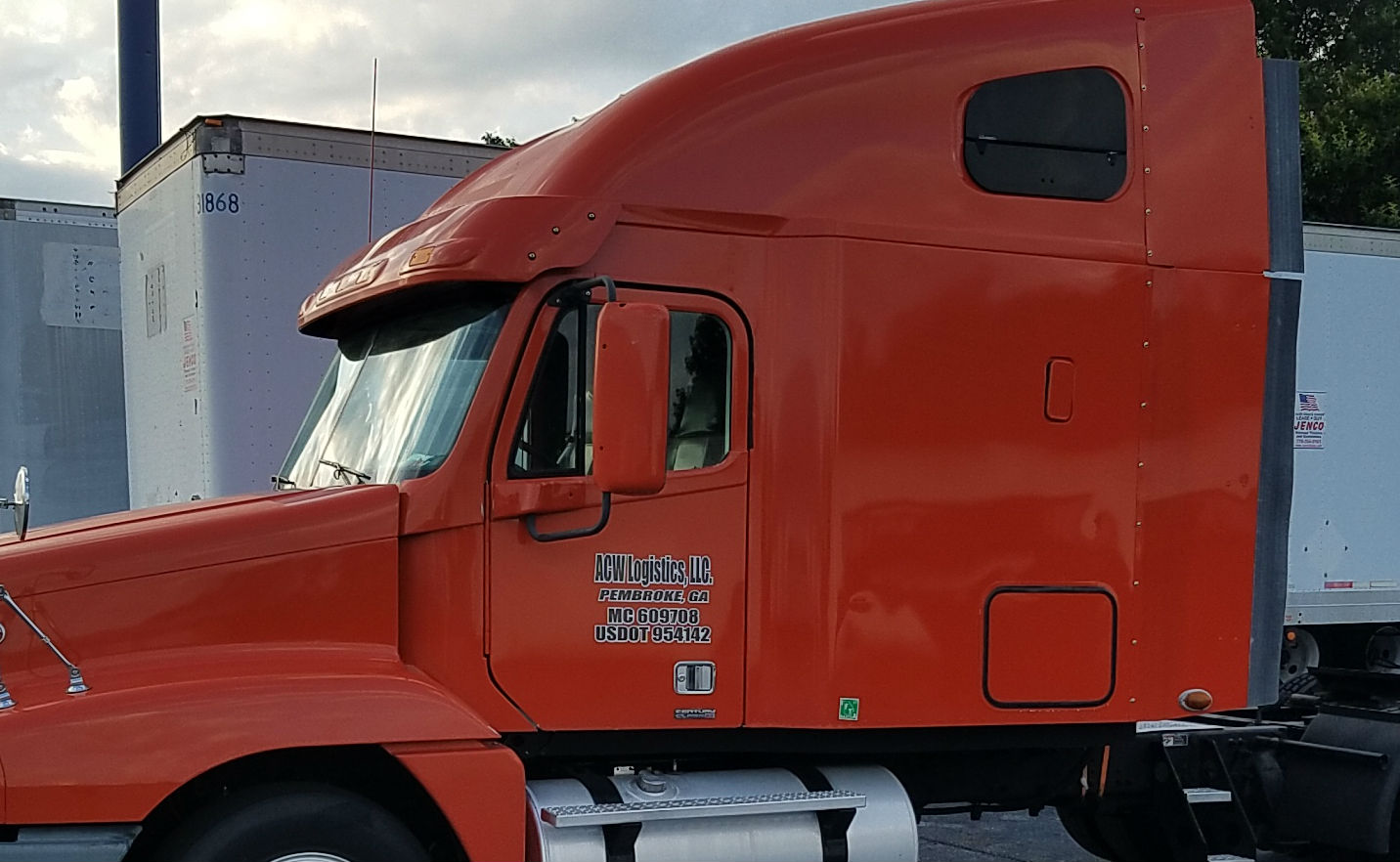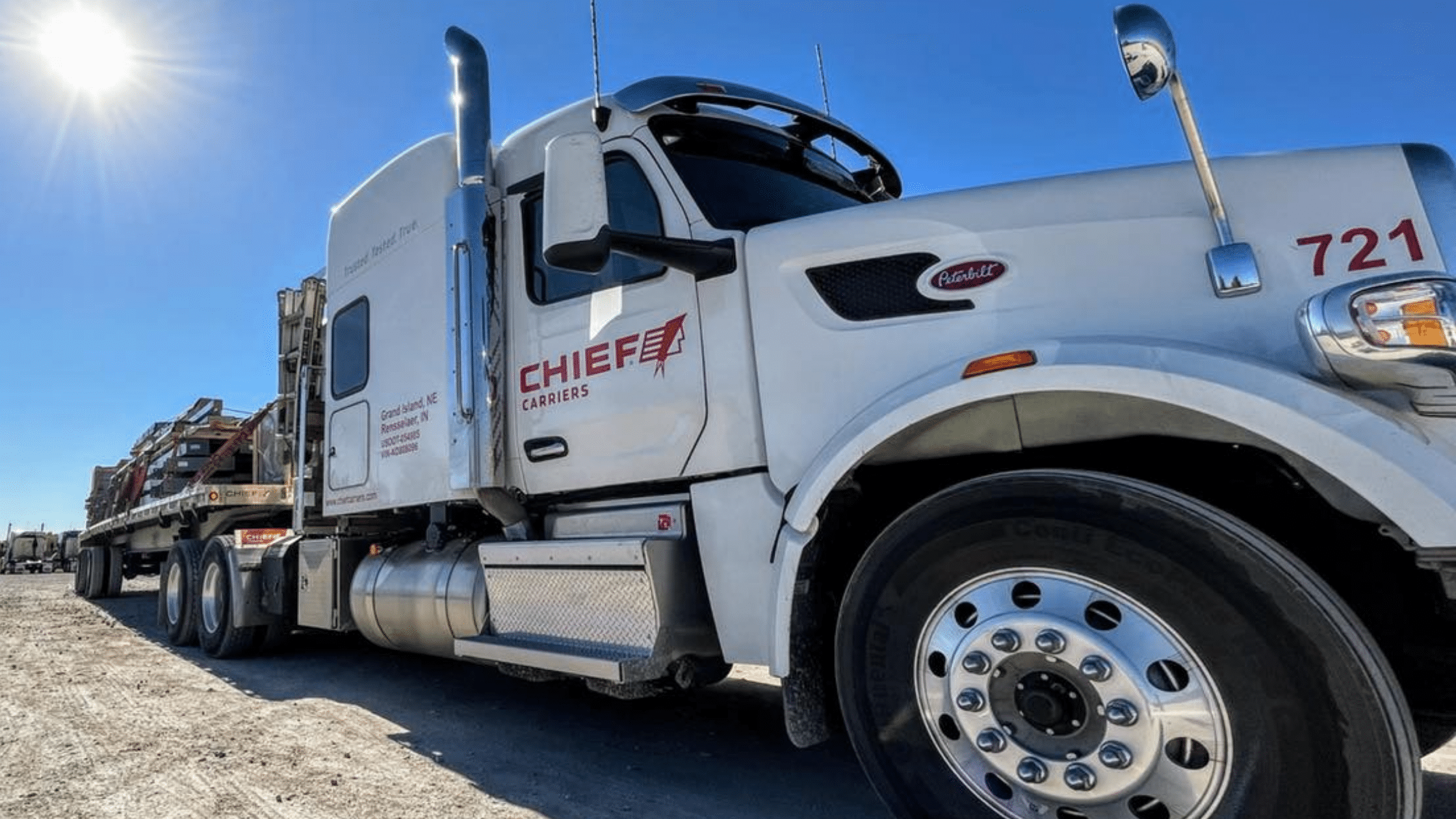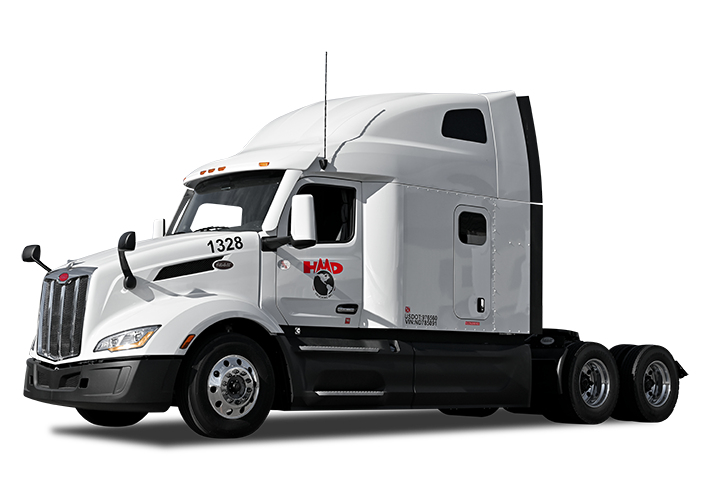Lease Purchase Trucking Companies in Georgia | Your Guide
Lease Purchase Trucking Companies in Georgia | Your Guide
If you’re a truck driver dreaming of owning your own rig without the massive upfront cost, exploring lease purchase trucking companies in Georgia could be your perfect roadmap. This model allows you to lease a truck from a carrier with an option to buy it over time, using your earnings to pay it down. It’s a popular path to ownership, especially in a major logistics hub like Georgia. But it’s not a simple yes-or-no decision. This guide will walk you through the entire process, highlight the key players in the Peach State, and give you the straight facts to determine if this is the right move for your career and financial future.
What is a Lease Purchase Program, Really?
At its core, a lease purchase agreement is a rent-to-own plan for a semi-truck. You partner with a motor carrier that owns the truck. You make weekly or monthly payments from your settlement, and a portion of that payment goes toward the eventual purchase price. The carrier typically provides the freight, which is a huge benefit, as you don’t have to find your own loads right away.

However, not all programs are created equal. A key distinction is between a lease purchase and a lease-to-own contract. In a true lease-to-own, every payment builds your equity, and you have a clear path to ownership. Some lease purchase deals, though, can be less transparent, with balloon payments at the end or strict conditions that make final ownership difficult. It’s crucial to read the fine print and ask detailed questions before signing anything.
Top Lease Purchase Trucking Companies in Georgia
Georgia is home to many reputable carriers offering these programs. Here’s a look at a few well-known names, but always conduct your own due diligence.
| Company | Program Highlights | Fleet Age (Approx.) | Notable Feature |
|---|---|---|---|
| CRST | Team and solo options; no money down. | 2-3 years | Large, established carrier with diverse freight. |
| Bennett Family of Companies | Multiple dedicated routes; pet and rider policies. | 1-4 years | Strong focus on driver culture and satisfaction. |
| Stevens Transport | Primarily refrigerated freight; comprehensive training. | 2-3 years | Ideal for drivers specializing in temperature-controlled loads. |
The Pros and Cons: A Driver’s Perspective
After a decade of talking with drivers and reviewing trucks, I’ve seen the best and worst of these deals.
- Advantages: You get a taste of being an owner-operator without the credit hurdles. The carrier handles licensing, permits, and often provides fuel and maintenance discounts. Your fixed costs are predictable, and you build equity over time.
- Disadvantages: You are not truly independent. You’re tied to one carrier’s freight network and pay structure. If freight is slow, your income suffers directly. The biggest risk is a non-transparent contract where you end up with little to no profit after truck payments, fuel, and maintenance.
What to Look For in a Georgia-Based Program
Don’t just sign the first contract you see. Here are the non-negotiable items to scrutinize.
- Transparent Payment Breakdown: Know exactly how much of your payment goes toward the principal. Ask for an amortization schedule.
- Clear Buyout Terms: What is the final purchase price? Are there any hidden balloon payments?
- Freight Consistency: Ask to speak with current drivers in the program. Are they getting enough miles? According to the American Trucking Associations, driver pay and consistent miles are the top factors in retention.
- Maintenance and Repair Responsibilities: Understand who pays for what. A blown engine can wipe out months of profit.
- Early Termination Clause: What happens if you want to walk away? The penalties can be severe.
Expert Insight: Navigating the Financials
I spoke with John Davis, a financial advisor who specializes in working with commercial drivers. He emphasized one critical point: “Treat this like a small business loan. Calculate your total cost of ownership, including the final buyout amount, and compare it to the truck’s fair market value. I’ve seen drivers pay significantly more through a lease purchase than if they had secured traditional financing. Your weekly settlement might look good, but the long-term math has to work.” A Federal Reserve report on consumer credit can give you context on current lending environments.
Is a Georgia Lease Purchase Right for You?
This path is best for a specific type of driver. You need to be financially disciplined, have a solid safety record, and be prepared for the volatility of the road. It’s a fantastic opportunity if you find a reputable company with a fair contract. But if you’re uncomfortable with risk or prefer the stability of a company driver paycheck, it might be better to wait.
Frequently Asked Questions
Q: Can I get out of a lease purchase agreement early?

A: Yes, but it’s often costly. The contract will detail early termination fees, which could include paying back a portion of the “lease credit” you received or paying for the truck’s depreciation. Always understand the exit strategy before you enter.
Q: How much can I realistically earn in a Georgia-based lease purchase?
A>Earnings vary wildly based on the carrier, the freight lanes, and your efficiency. While some drivers report netting over $80,000 annually after expenses, others struggle to break even. The key is the rate per mile and your operating costs. Ask the company for a realistic, itemized profit-and-loss example for a driver in their program.
Q: Do I need my own authority for a lease purchase?
A: Typically, no. You are operating under the carrier’s motor carrier authority. This saves you the cost and administrative burden of getting your own MC number from the FMCSA, but it also means you cannot book your own loads.
Sources:
1. American Trucking Associations. “Driver Shortage & Retention.” https://www.trucking.org/

2. Board of Governors of the Federal Reserve System. “Consumer Credit – G.19.” https://www.federalreserve.gov/releases/g19/current/









